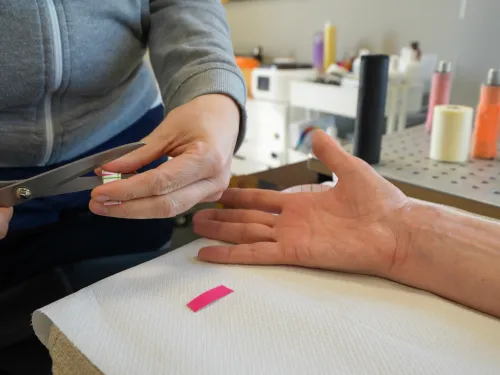
Comprehensive Orthopedic Care Tailored for Every Life Stage

Identify Your Pain. Restore Your Life.
Don't let pain or injury interrupt your daily activities. At South Shore Orthopedics, our sports medicine specialists and orthopedic surgeons utilize cutting-edge musculoskeletal treatment methods to provide effective solutions. Whether it's joint replacement surgery or rehabilitation, we're dedicated to getting you back to doing what you love with expertise and compassionate care.
Expert Orthopedic Specialties at Your Service
South Shore Orthopedics offers a comprehensive range of orthopedic care services, including diagnosis, treatment, and advanced surgical solutions within our state-of-the-art musculoskeletal treatment centers. Our specialties cover sports medicine, joint replacement surgery, hand and shoulder care, as well as knee reconstruction, catering to patients of all ages.
















No matter if you're an elite athlete, a weekend competitor, or grappling with degenerative joint issues, our sports medicine specialists and orthopedic surgeons are here to provide personalized, compassionate care tailored to your unique needs.

